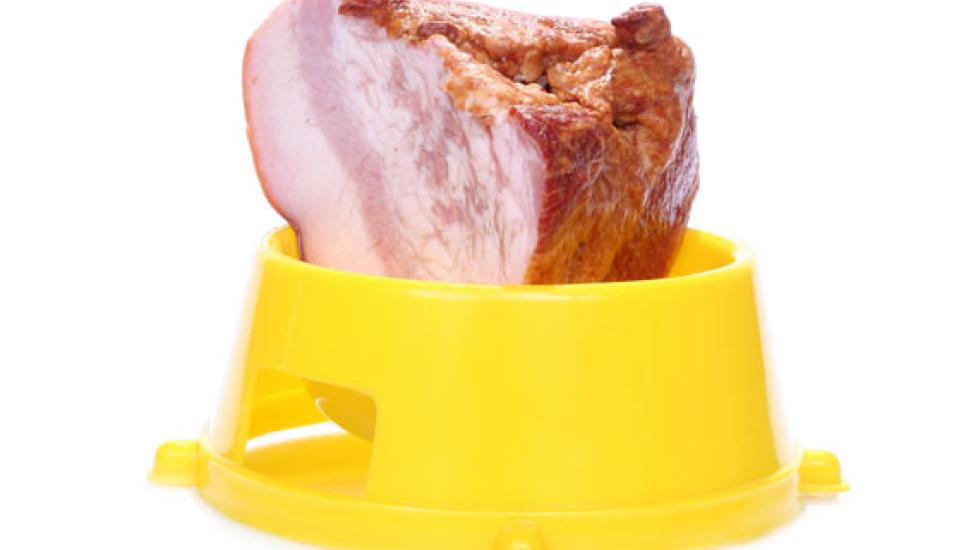Confusion Between Protein Needs and High Quality Pet Food, petMD Survey Finds
By Jennifer Coates, DVM
February 18, 2014
Feeding a high quality pet food is one of the simplest yet most important ways to promote health and well being in dogs and cats. Unfortunately, fads from the world of human nutrition seem to be making their way into pet nutrition circles. Specifically, pet parents seem to be assuming that high protein equals high quality when it comes to cat and dog food.
A recent petMD survey reveals that most pet owners (53%) agree with the statement, “The higher the protein content, the higher the quality of the pet food; pets need as much animal protein as possible.” Protein certainly is important, but it is not the only nutrient that determines a pet food’s quality. Like almost everything else in life, moderation is the key to good health. Eating a diet that contains too much protein, particularly low-quality protein, can have adverse effects.
Does the Source of Protein in Cat, Dog Food Really Matter?
To understand the importance of dietary protein, we must understand its nutritional role. When a dog or cat eats protein, it is not absorbed whole. Instead it is broken down into its constituent parts – amino acids. Different types of protein contain different amino acid combinations, but as long as the pet eats, digests, and absorbs the right amount of each required amino acid, the source is not particularly important. In other words, arginine is arginine no matter if it comes from soybeans or turkey.
The petMD survey, however, reveals a bias towards protein derived from animals. Sixty-two percent of people incorrectly said that amino acids from animal proteins do a better job meeting the nutritional needs of pets than do plant-derived amino acids. In fact, it is the complete profile of amino acids supplied by the pet food that is important, regardless of their source.
This bias may originate from a mistaken belief that dogs and especially cats cannot digest plant-based protein sources. Fifty-seven percent of people responding to the petMD survey indicated they believe cats cannot digest plant-based ingredients, and sixty-five percent said that cats need their protein to come from fish or meat. The truth is that while cats do need some of their protein to come from animals, they are quite capable of digesting and absorbing nutrients (including essential amino acids) from high quality, plant-based ingredients.
Are High Protein Cat, Dog Foods Dangerous?
Another important consideration with regards to protein sources in pet food is phosphorus. Phosphorus is an essential nutrient for dogs and cats, but high dietary levels of the mineral are associated with a more rapid progression of chronic kidney disease, an all too common cause of death in dogs and cats. Chronic kidney disease can only be detected when two-thirds to three-quarters of kidney function has already been lost. Therefore, pet parents who are unknowingly feeding a high phosphorus pet food may inadvertently be contributing to an irreversible worsening of their pet’s kidney function.
Moderating the amount of phosphorus in the diet is an important part of slowing the progression of chronic kidney disease. This can be done by precisely combining high quality animal based proteins with plants that are an excellent, low phosphorus source of many of the amino acids that dogs and cats need. The goal should be to meet but not greatly exceed the pet’s minimum requirement for phosphorus, which is 0.5% of the total diet based on the latest Association of American Feed Control Officials (AAFCO) standards. If a diet’s phosphorus level is not printed on a pet food’s label or available on the pet food manufacturer’s website, owners should call the company and ask for this important information.
Don’t let fashion dictate what you feed your pet. While high protein pet foods may sound appealing, they are not always the healthiest choice for dogs and cats.
